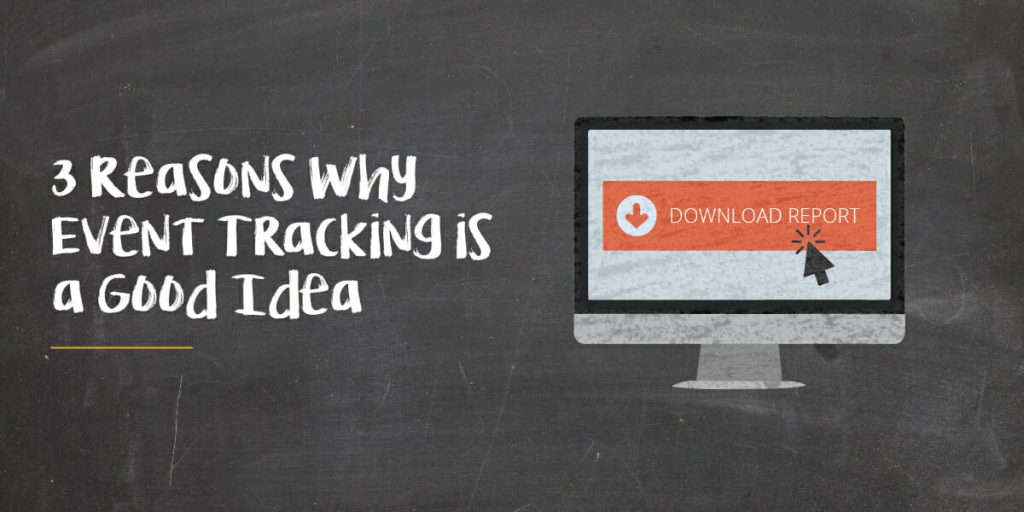
Introduction
In the competitive world of event marketing, tracking the performance of your ads is a crucial step in achieving success and maximizing your return on investment (ROI). By implementing robust ad tracking mechanisms, event organizers can gain valuable insights into their marketing efforts, make data-driven decisions, optimize campaigns, and ultimately boost ticket sales. This article explores why ad tracking for events is essential and highlights how it contributes to a more efficient and effective marketing strategy. So in this article we will go over The Importance of Tracking.
1. Measuring the Effectiveness of Event Ad Campaigns
One of the key benefits of tracking ads for events is the ability to measure campaign effectiveness with precision. By monitoring important performance metrics like impressions, click-through rates (CTR), conversions, and cost per acquisition (CPA), event organizers can accurately gauge the impact of their advertising efforts. With this data, they can determine which ad channels, platforms, or specific ads are generating the most engagement and driving ticket sales.
This information empowers organizers to make informed decisions about where to allocate resources, invest more in high-performing campaigns, and refine or eliminate underperforming ads. As a result, ad tracking ensures a more efficient use of marketing budgets and maximizes ROI.
2. Gaining Insights into Audience Behavior
Effective ad tracking goes beyond just measuring campaign success; it provides event organizers with valuable insights into audience behavior. By tracking user interactions—such as clicks, website visits, and conversions—organizers can gain a deeper understanding of their target audience’s preferences and actions.
This knowledge allows organizers to tailor their messaging, adjust ad placements, and refine targeting strategies based on real-time data. By understanding audience behavior, marketers can create more compelling ads that resonate with their audience, leading to higher engagement rates and increased ticket sales.
3. Refining Audience Targeting and Segmentation
Successful event marketing relies heavily on reaching the right audience with the right message at the right time. Ad tracking allows event organizers to refine targeting and segmentation strategies by analyzing performance across different demographics, locations, or interests.
Through these insights, organizers can create custom audiences, retarget specific groups, or adjust messaging to better align with the needs of the most responsive segments. Refining audience targeting ensures that event ads are shown to the most relevant individuals, which increases the chances of conversions and ultimately boosts ticket sales.
4. Continuously Optimizing Event Ad Campaigns
Another major advantage of ad tracking is its ability to help event organizers optimize ad campaigns for better results. By monitoring key performance metrics, organizers can identify areas for improvement and make data-driven adjustments in real-time.
For instance, if an ad is not performing well, organizers can modify its creative elements, adjust targeting parameters, or experiment with different messaging to enhance effectiveness. This flexibility allows organizers to quickly optimize campaigns, ensuring that marketing efforts are always performing at their best. With continuous optimization, event marketers can drive higher ROI and improve overall campaign performance.
5. Evaluating ROI and Attribution in Event Marketing
Tracking ads is essential for evaluating the ROI of event marketing campaigns. By accurately attributing ticket sales or conversions to specific ads or campaigns, organizers can measure the direct impact of their advertising investments.
This ability to track ad performance and identify which channels or strategies yield the highest return enables more informed decisions about future budget allocation. Understanding the ROI of each campaign allows organizers to optimize their spending and achieve a higher overall ROI for their events, ensuring long-term success and growth.
Why Ad Tracking is Essential for Event Marketing
In today’s competitive event marketing landscape, ad tracking is no longer optional—it’s a necessity. By measuring campaign effectiveness, understanding audience behavior, refining targeting and segmentation, optimizing campaigns, and evaluating ROI, event organizers can implement data-driven marketing strategies that boost ticket sales and ensure event success.
Embracing ad tracking not only maximizes the impact of individual campaigns but also improves long-term marketing effectiveness, establishing events as highly sought-after experiences.
Key Takeaways:
- Ad tracking helps measure campaign effectiveness and optimize ad performance.
- Insights into audience behavior allow for more targeted and personalized campaigns.
- Refining targeting and segmentation ensures that ads reach the most relevant audience.
- Continuous optimization of ads results in higher ROI and improved campaign performance.
- Tracking ad performance enables better budget allocation and maximizes return on investment.
By prioritizing ad tracking in event marketing, organizers can ensure their campaigns are both efficient and effective, leading to greater event success. Hopefully the Importance of Tracking Your Ads was conveyed to you in this article 🙂
As always if you are looking for a great event to attend you can purchase tickets HERE.
Other Articles








